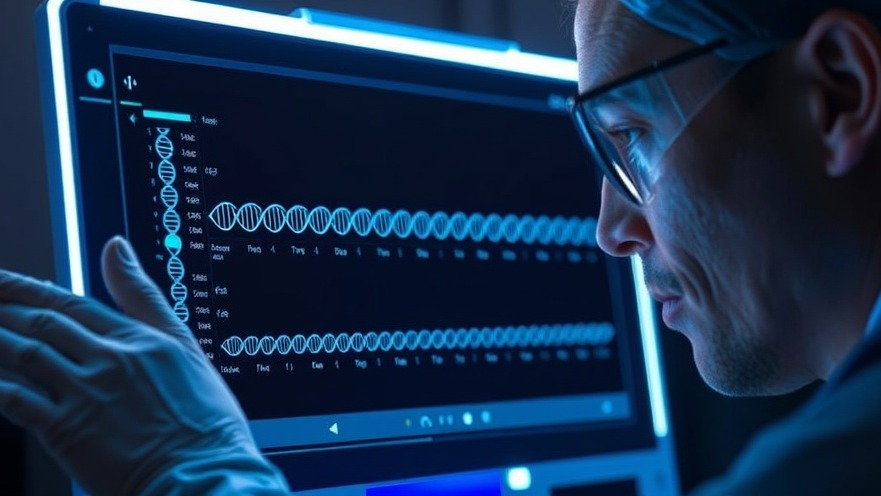
Transforming Oncology with Single-Cell Analytics
In a significant advance for precision medicine, Mission Bio has launched an industry-first Single-Cell Genotype and Targeted Gene Expression assay. This groundbreaking solution is optimized for the Tapestri Platform, enabling practitioners to analyze over 10,000 single cells, thereby offering an unprecedented depth of information about cancer biology.
Understanding the Clinical Implications
This novel assay provides essential insights into patient selection during clinical trials, particularly in treating cancers that often exhibit significant tumor heterogeneity and therapeutic resistance. The new capabilities can help identify patients most likely to respond to therapies, which is crucial for successful clinical outcomes. Mission Bio's CEO Brian Kim emphasizes that a high percentage of clinical failures in hematologic oncology occurs in the later phases of trials due to inadequate predictive biomarkers. The assay promises to rectify these shortcomings by offering a dual-layer analysis of both genotypic and transcriptional data, ensuring that decisions are data-driven and strategically aligned with patient needs.
A Cost-effective Tool for Precision Medicine
One of the standout features of this new offering is its cost-effectiveness. The technology reduces single-cell analysis costs by approximately 60% compared to utilizing separate methods. This affordability opens new avenues for concierge health practitioners who may feel overwhelmed by the complexities of technological integration into their practices. By leveraging the Tapestri Platform's capabilities, practitioners can not only enhance patient outcomes but also ensure financial sustainability in their operations.
Expanding Applications for Broader Impact
The versatility of the assay is notable, particularly in its applications for therapeutic resistance and T-cell therapy design. PhD and tailored therapy are more crucial than ever in oncology, especially for concierge practices aiming to deliver personalized care. By capturing both genomic mutations and gene expression changes within the same cell, it addresses long-standing challenges in understanding cancer pathways and responses to treatment.
The Future: Multi-Omic Profiling Innovations
As Mission Bio progresses, future developments by their Pharma Assay Development team will include immunophenotyping, a step that could significantly enhance understanding of tumor-immune interactions. This evolution reflects a trend toward integrated data analyses that could empower health practitioners further, equipping them with deeper insights that support decision-making and enhance patient engagement.
Navigating the Technological Landscape
For concierge health practitioners, the rapid pace of technological advancement in healthcare can be daunting. However, the introduction of tools like Mission Bio's Single-Cell Genotype and Targeted Gene Expression assay underscores the vital importance of embracing innovation. Understanding these technologies is not just about keeping pace but about leveraging them to create better patient outcomes and practice efficiencies. With the right resources and training, even practitioners who may feel overwhelmed can navigate these technologies successfully.
Actionable Insights for Modern Practices
For those looking to integrate cutting-edge technologies like the Tapestri Platform into their offerings, consider the following steps: educate yourself on the technology and its implications for your practice, assess your patient demographics for suitability, and explore partnerships with tech companies for guided implementation. Engaging with up-to-date training resources can eradicate the intimidation of tech integration and elevate your practice's standing within your community.
 Add Row
Add Row  Add
Add 




Write A Comment